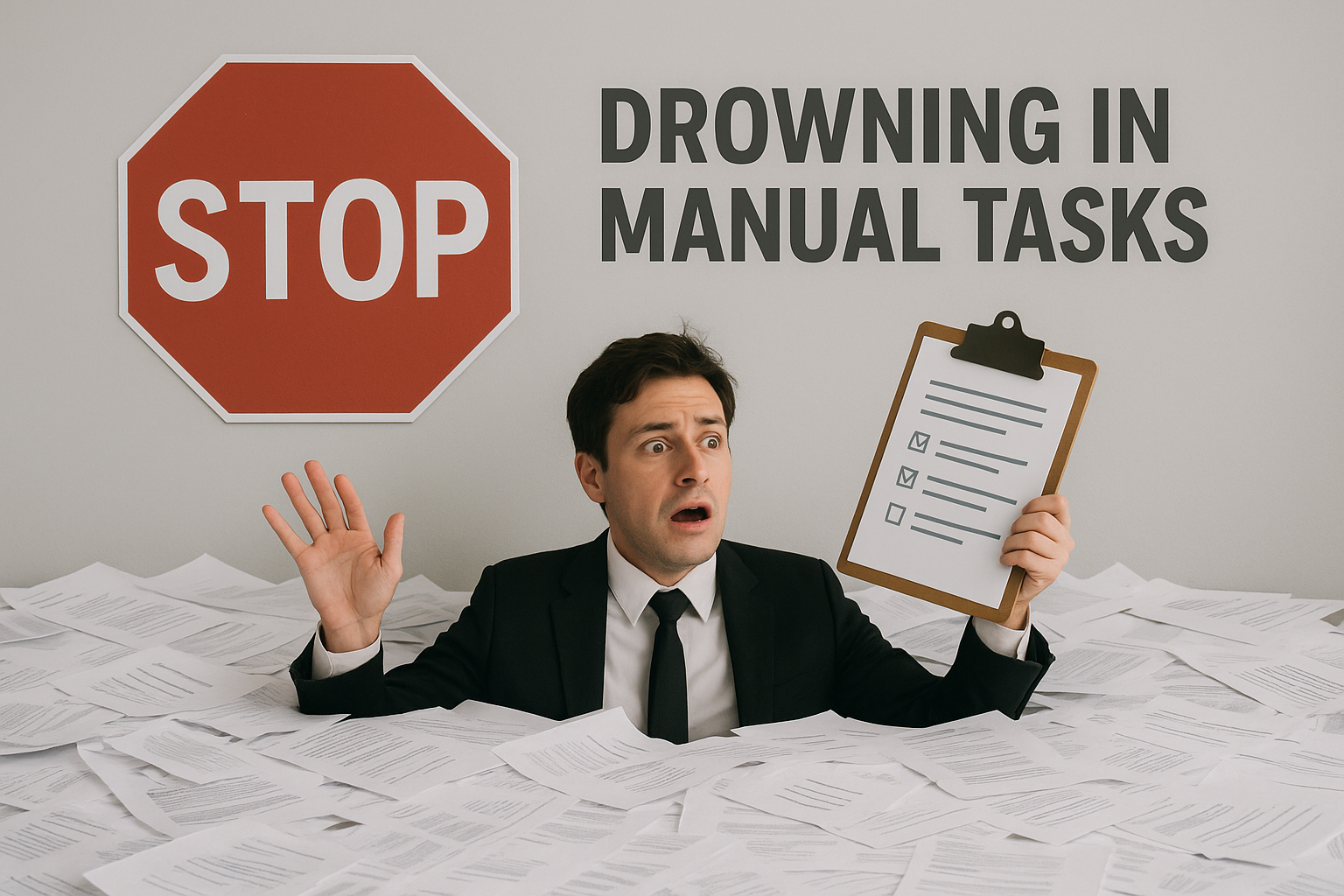In response to the recommendations of the Banking and Financial services Royal Commission and the ASIC Enforcement Review Taskforce Report, the government has proposed new enforcement and supervision powers for ASIC to restore consumer confidence in the financial system, particularly in relation to financial advice. These new powers include enhanced licencing, banning, warrant, and phone tap powers, all designed to ensure that avoidable financial disasters uncovered during the Royal Commission never repeats again.
While the Banking and Financial Services Royal Commission seems long ago in the minds of many, the people that have been financially affected by dubious practitioners will no doubt carry the scar of mistrust for life. This then, is precisely why the government has introduced new laws which will give ASIC new enforcement and supervision powers in relation to the financial services sector to weed out the "bad apples" and restore consumer confidence.
The new measures seek to strengthen ASIC's licencing powers by replacing the AFS licence requirement that a person be of "good fame and character" with an ongoing requirement that they be a "fit and proper person" at both the time of application and subsequently. This applies to all officers, partners, trustees and controllers of the applicant applying for the AFS licence.
The "fit and proper person" requirement will also apply to existing AFS licensees to ensure that ASIC is able to monitor the controllers of existing AFS licensees, request relevant information, and carry out enforcement action as required.
In working out whether a person is a "fit and proper person" ASIC will consider matters including whether the person has been convicted of an offence in the last 10 years, whether they've had an AFS licence or Australian credit licence suspended or cancelled, and whether a banning or disqualification order has previously been made.
ASIC's banning powers will also be expanded to situations where they have reason to believe that a person is "not a fit and proper person" or is "not adequately trained or is not competent" to:
- provide financial services;
- perform functions as an officer of an entity that carries on a financial services business; or
- control an entity that carries on a financial services business.
In addition, under these new powers, ASIC may also make a banning order against a person that is insolvent under administration, has, at least twice, been an officer of a corporation that was unable to pay its debts, or has, at least twice, been linked to a refusal or failure to give effect to an AFCA determination.
To support these enforcement functions, ASIC's warrant and phone tap powers have been beefed up. It is no longer required to forewarn those under investigation that it may apply for a search warrant. It is also no longer required to specify the exact books or evidential material that can be searched and seized. Interception agencies (ie police, ASIO, and anti-corruption bodies) will be able to provide ASIC with lawfully intercepted telecommunications information in some instances and ASIC staff will be able to use and record the received information as well as communicate the information to another person in investigations and prosecutions.
All of which means that there will be a decreased risk of evidence destruction or alteration. If these measures become law, ASIC's ability to launch and progress investigations to protect consumers from dodgy practitioners will be greatly enhanced. Ensuring that avoidable financial calamities uncovered during the Royal Commission that ruined so many lives will never be repeat again.
Want to find out more?
If you would like to keep up-to-date with the latest developments in financial services and the outcomes from the Banking and Financial Services Royal Commission, contact us today.










